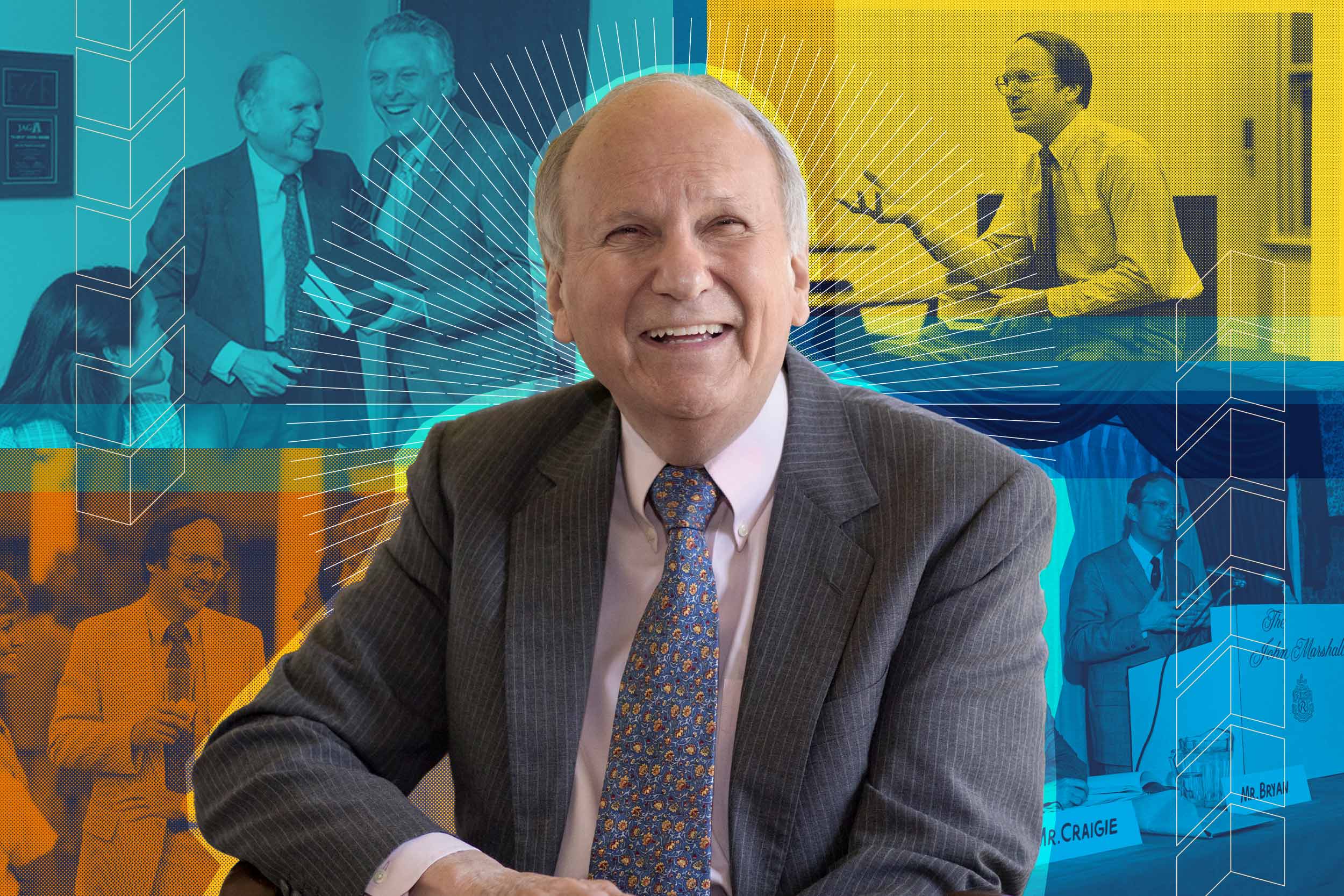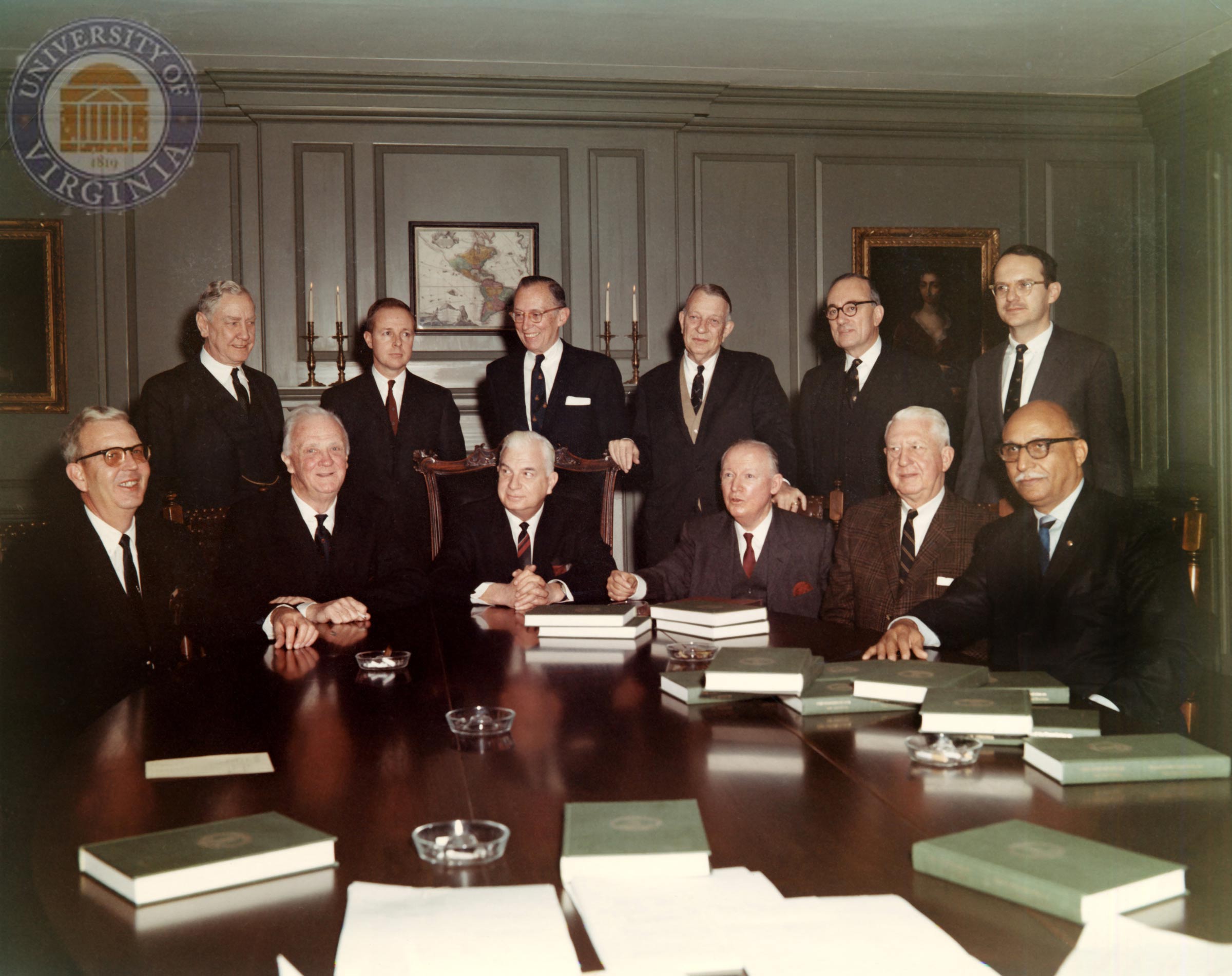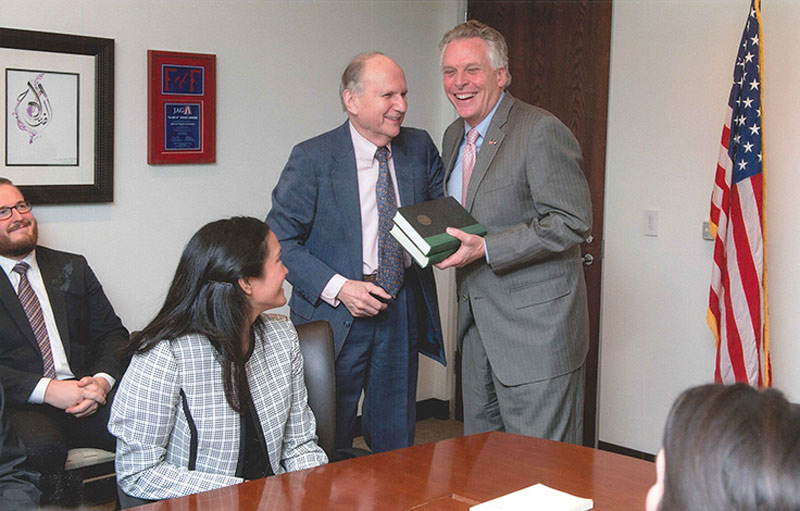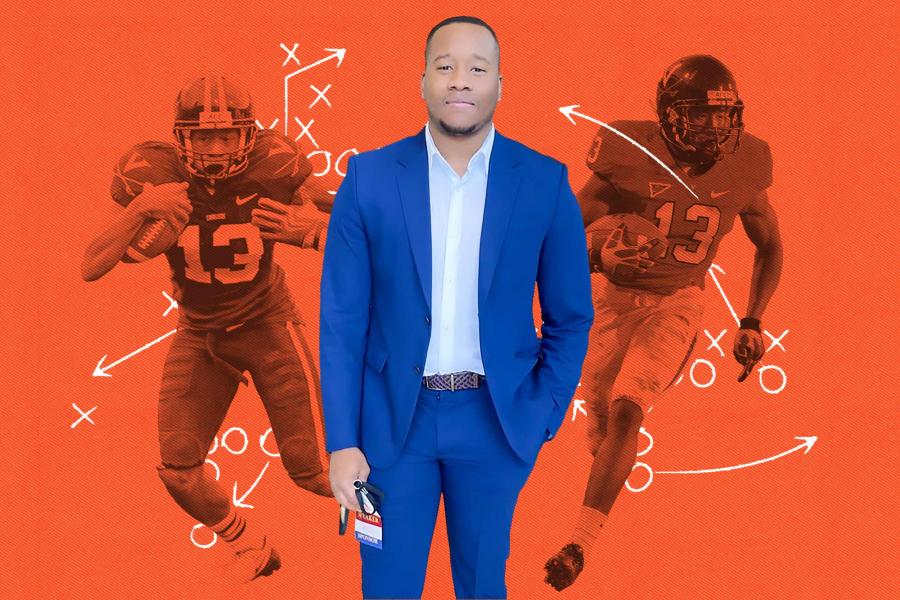For a man who has had a hand in writing more constitutions than all the Founding Fathers put together, it’s a bit ironic that Arthur Ellsworth Dick Howard gleans such joy from a morning routine he has performed countless times since moving to Charlottesville to teach at the University of Virginia School of Law in 1964.
Howard wakes at 5:30 a.m., retrieves the daily newspaper from the impeccably landscaped driveway near his carriage house and sits down to a bowl of Scottish pinhead oats and half a grapefruit.
As he turned the pages of those newspapers over the years, he would have seen snapshots and clippings of moments from his own remarkable career of more than 60 years.







